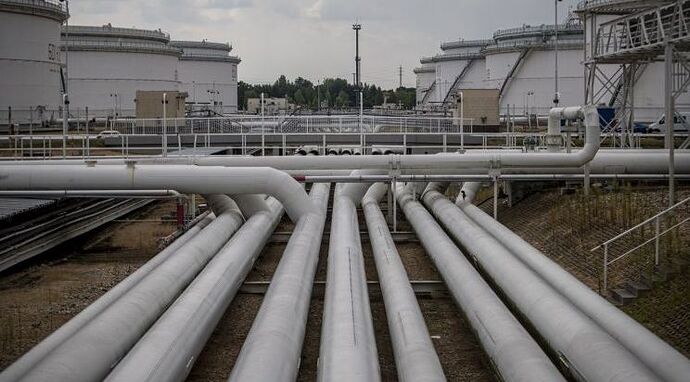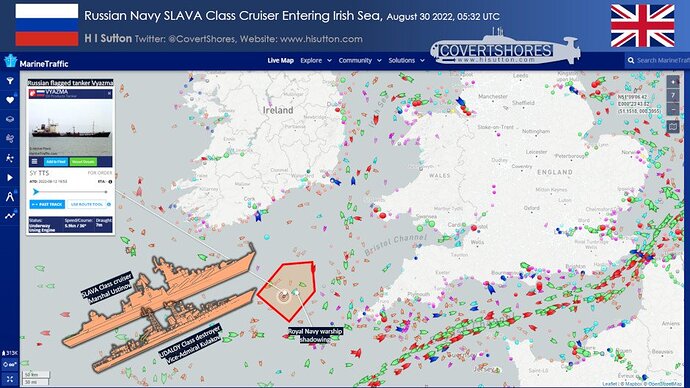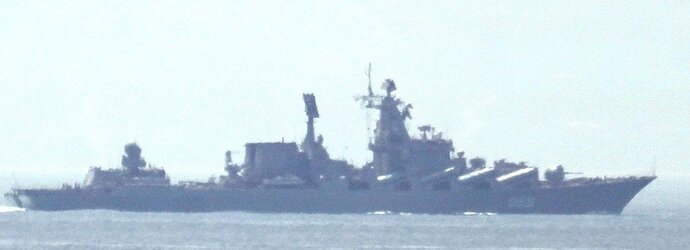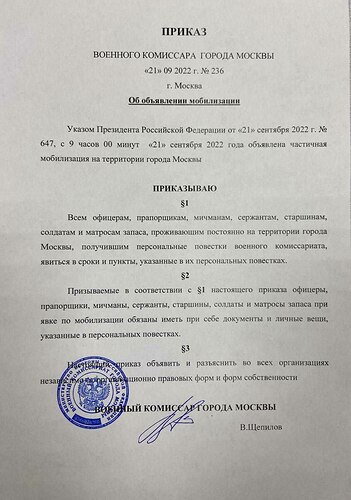One Dead, Several Injured in Explosions Near Russian Air Base in Crimea
Multiple explosions near a Russian naval air base on the western coast of annexed Crimea killed one person and injured several more Tuesday, according to eyewitness accounts and local pro-Kremlin officials.
Videos filmed by eyewitnesses show a huge plume of black smoke rising from the direction of the Russian Black Sea Fleet's Saki air base and beach-goers fleeing in the nearby resort town Novofyodorovka.
A total of 13 blasts of varying intensity were reported in the area, according to eyewitness reports cited by Reuters.
Local officials confirmed that an explosion had taken place but said they were still working to determine the cause.
"I can confirm the fact of several explosions in the area of Novofyodorovka. I ask everyone to wait for the official information and not to spread [fake] explanations," Oleg Kryuchkov, an aide to the Moscow-installed head of Crimea Sergei Aksyonov, said on the Telegram messaging app.
Officials initially said that no one had been hurt but Aksyonov later said that one person had died as a result of the blasts.
Earlier Tuesday, the region's top health official said that five people including a child had been injured.
Aksoynov posted a video from the explosion site, where he can be seen saying that residential buildings located near the air base were evacuated.
The air base is located deep within Russian-controlled territory over 200 kilometers behind the front lines, leading to speculation that the incident may have been the result of a long-distance missile strike by Kyiv’s forces.
An unnamed senior Ukrainian military official told The New York Times that Kyiv's forces were in fact behind the explosions.
“This was an air base from which planes regularly took off for attacks against our forces in the southern theater,” the official told The New York Times, saying only that “a device exclusively of Ukrainian manufacture was used” in the strike.
The Russian Defense Ministry however linked the incident to the “detonation of several aviation munitions” in a statement carried by the state-run TASS news agency.
"As a result of the explosion no one was hurt."
Margarita Simonyan, editor-in-chief of the Kremlin-backed RT network, also quickly dismissed rumors of the explosions being the result of a Ukrainian attack.
“And here’s what really happened. Several munitions detonated at the storage area. No harm done. The equipment is also intact,” Simonyan tweeted.
The Russian-installed Crimean officials also dismissed rumors that Russian President Vladimir Putin declared a state of emergency in the region.
“I’m asking you not to spread Ukrainian fakes,” Kryuchkov wrote, attaching a picture of the fake order allegedly published by a pro-Ukrainian Telegram channel with less than 200 subscribers.



